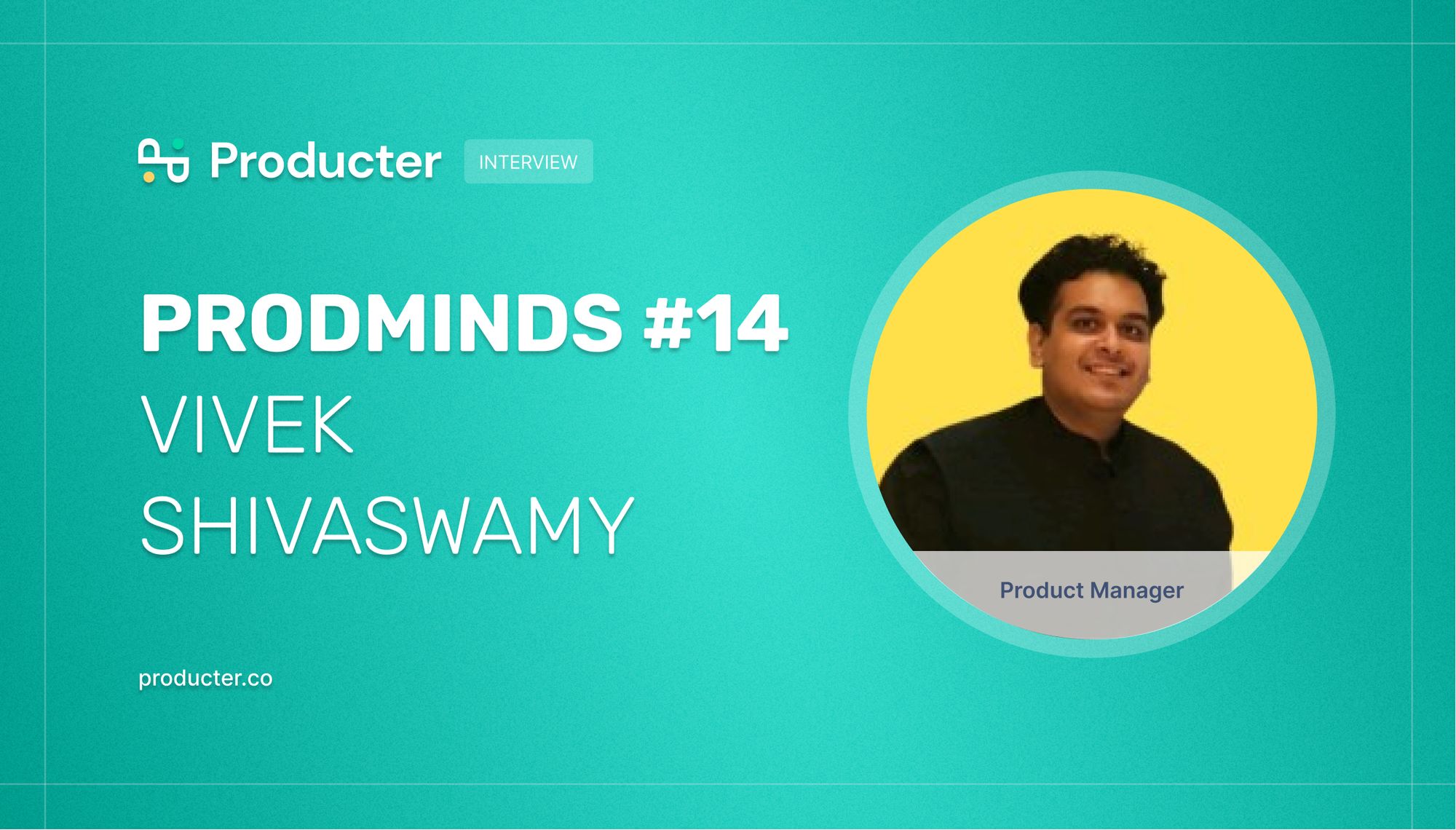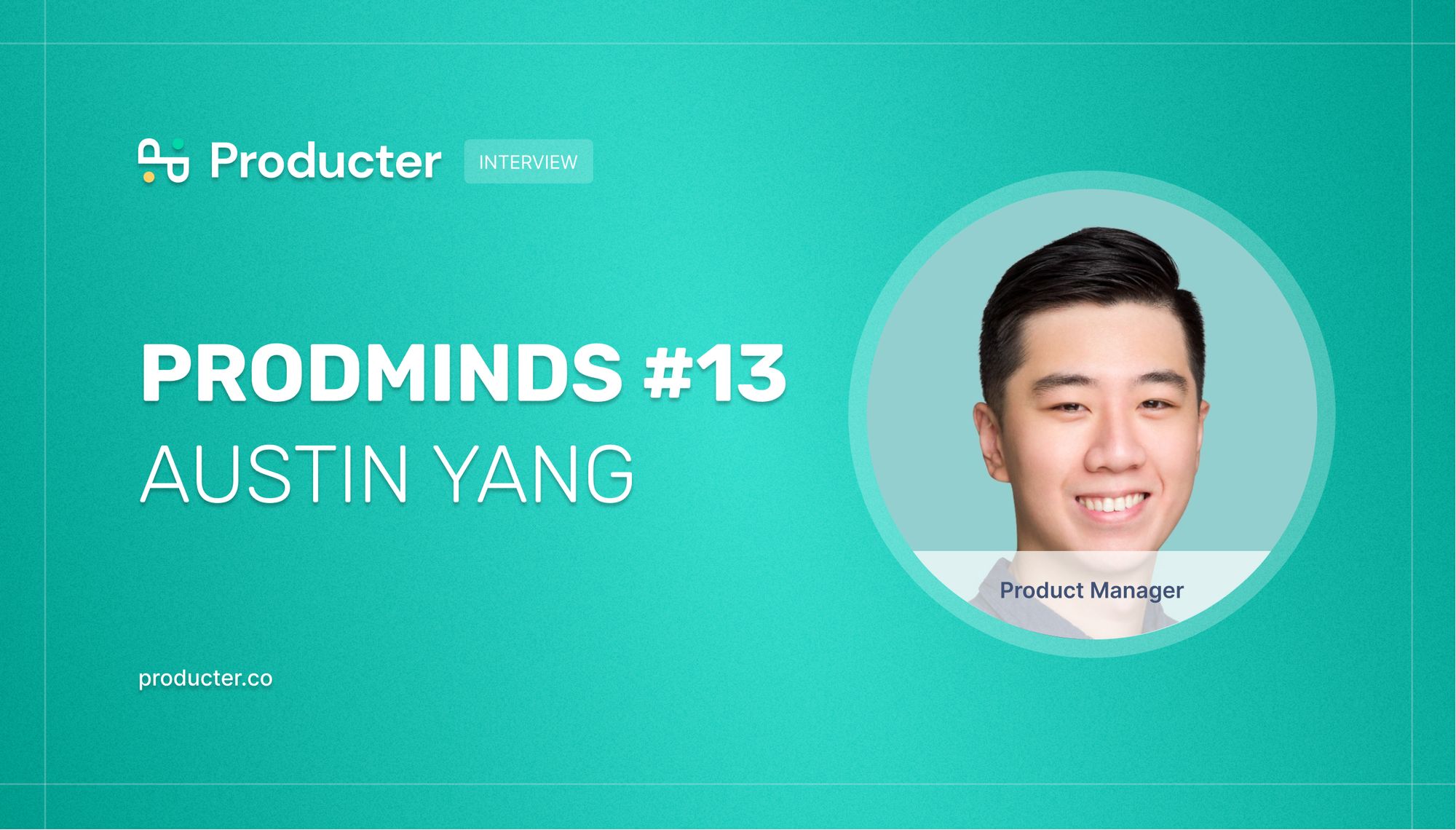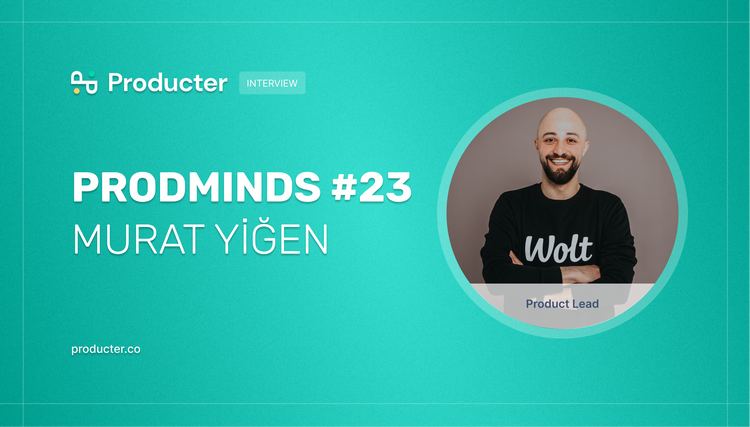Team Producter: Would you tell us a bit about you and your career path in product management?
Jason : I’ve had a long and varied career, and I was a late bloomer in product management. I started out as a data analyst programming on green screen terminals before moving into web development, and slowly taking on leadership and operational roles. I actually spent 19 years at a big, traditional multinational that eventually got acquired and went down the digital transformation path. I remember the new CTO coming in waving the Lean Startup at a company that was nowhere near a startup, but I was really inspired and started taking a lot more interest in product management. In many ways it was an obvious fit for me; I’ve always been a generalist and had become much more interested in what we were building (and why we were building it). Moving into startups was a natural next step for me and I’ve never looked back.
Team Producter: Which part of being a product manager is the most challenging for you?
Jason: In all seriousness, it’s a great job but it’s often hard to feel you’re making an impact. I was a really strong individual contributor earlier in my career, and it took me a long time to let go of the fact that I wasn’t being measured on output anymore. I’ve definitely gotten over that now, but I know it’s a common issue with product managers and leaders of all levels. And, of course, there’s the age-old problem of product managers not being empowered to make real decisions about their products and getting stuck in feature factories. I’ve been there, we’ve all been there, and it can be hard. On the other hand, we have to realise that we are not the gatekeepers and that the heart of product management is collaboration and alignment.
Team Producter: How do you think departmental silos affect product companies? In what ways do you build and maintain relationships with stakeholders from different teams?
Jason: Building relationships is crucial to a well-functioning product organisation. We all love to joke and complain about how many meetings we’re in, but keeping in touch with the various stakeholders around the business is important. It’s important to strike a balance, of course, and we need time to do the actual product management. We have to strike a balance between overcommunicating and undercommunicating. I like to say that assumptions expand to fill all empty space in an organisation. If we don’t spend time being explicit about what we are, and what we aren’t, doing then we only have ourselves to blame when people start filling in the blanks.
Team Producter: Suppose the product development process has gone off the rails. What steps would you take to get it back on track?
Jason: There are many ways that product development can go off the rails, but if you wait until the train is at the bottom of the canyon you’ve missed so many chances to fix the situation. Keeping close to developers and treating them as true and equal partners to the product management function can help minimise the chance of disconnects. Fast feedback loops and constant communication enables you to anticipate and fix problems when they’re small.
If it’s too late for that then it’s important to get together as a team and work out the critical path to success. Do you need to cut scope? Do you need to do some shovelwork with the legal team? It’s important not to start shouting at each other or try to apportion blame. Let’s get it done, identify what went wrong and make sure it doesn’t happen next time.
Team Producter: How does the process of giving feedback to the product within the team? Is there a tool you use so the entire team can easily generate product feedback?
Jason: Most recently I’ve used a tool for product feedback, as well as Gong for recording sales calls. Ultimately, we need to make sure we’re synthesising feedback from as many sources as possible, including user research, sales calls, industry reports, direct customer requests, things that came up in account reviews. In many ways I’m less bothered about the tools than just putting it in one place and reading it. It can be really eye-opening to get the whole cross-functional team together to categorise and review feedback so everyone knows the state of play.
Producter is a product management tool designed to become customer-driven.
It helps you collect feedback, manage tasks, sharing product updates, creating product docs, and tracking roadmap.

You may also like:








